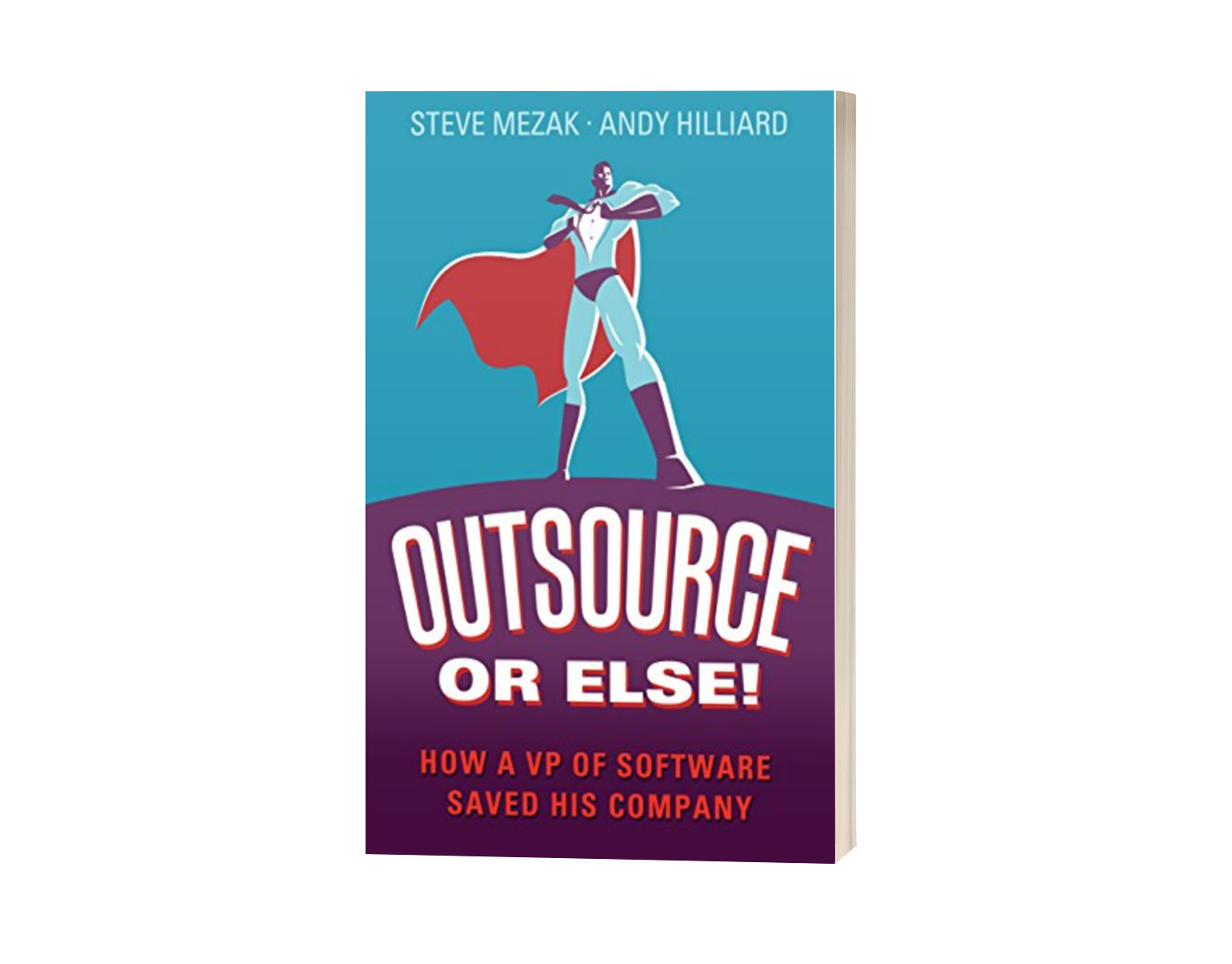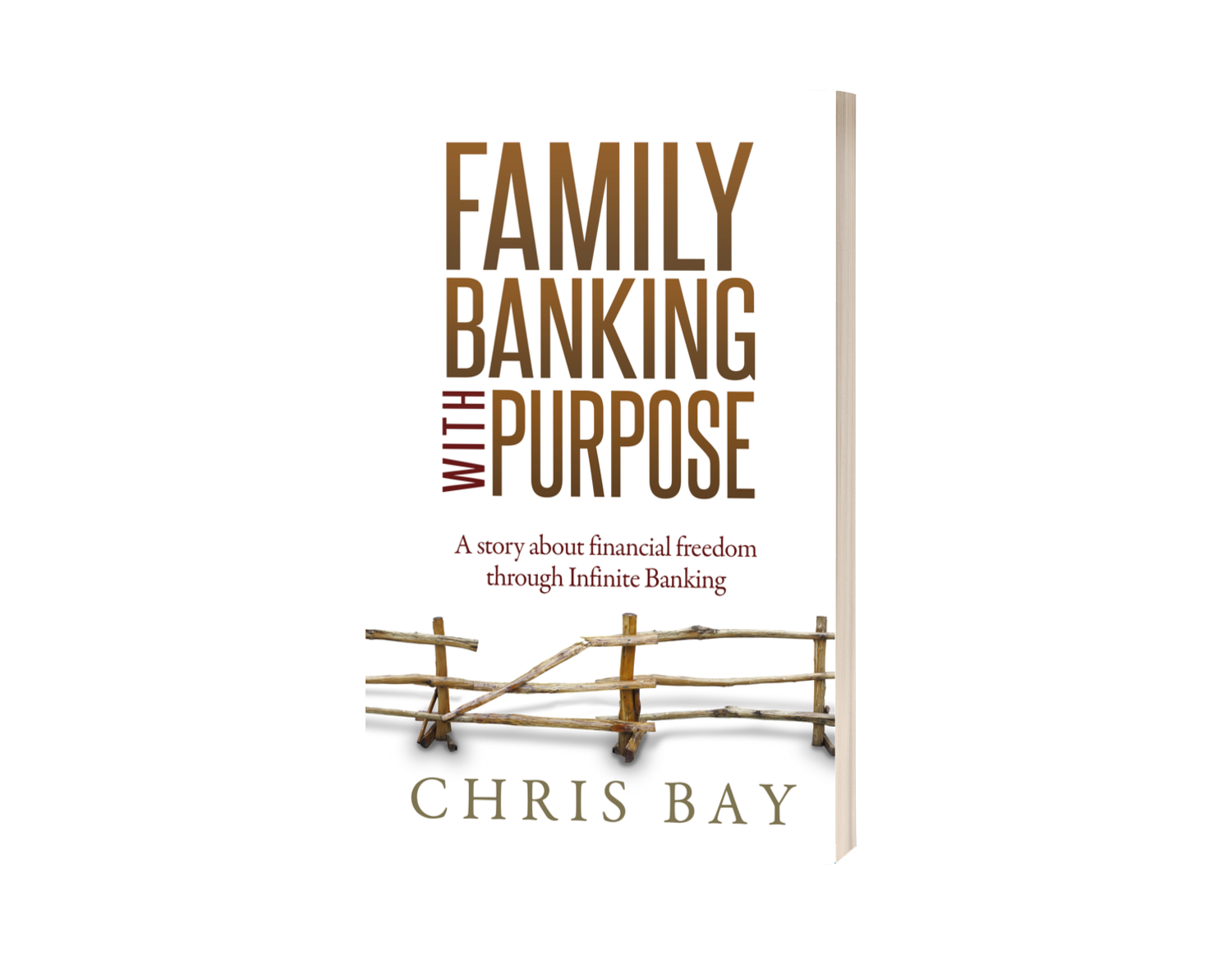[Business Fables] Top 3 Pitfalls
We are all souls on the journey of life.
Over the years, we had the honor of working with several authors on their business fable books.
Business fables or business parables are so much fun because they’re basically one long fictional story that happens to tell business lessons. The bestselling books in this genre include:
- Who Moved My Cheese, by Spencer Johnson
- The Greatest Salesman in the World, by Og Mandino
- The Five Dysfunctions of a Team, by Patrick Lencioni
My favorite thing to do is to ghostwrite business fables from scratch. But sometimes authors come to us with existing manuscripts. When coaching such authors, I find they often have several pitfalls.
Would you like to know?
We avoided these pitfalls with several bestselling business parables we worked with authors on. Outsource or Else, by Steve Mezak and Andy Hilliard, garnered 4.5 stars on Amazon.


We also turned a personal finance book into a fun, yet valuable story. Family Banking with Purpose, by Chris Bay, tells of one man’s journey to reconnect with his financially wise grandfather. This book, too, has received great praise to date.
If you’d like to talk about your ideas for a business fable, click on this link.
So what exactly are the pitfalls in writing business fables?
These are the top 3:
- The wrong protagonist.
Many business fable authors think the story is about the wise mentor who they have now become. But a compelling fable focuses on the student as they struggle and learn each lesson. This gives the story a sense of adventure and risk, as a reader wonders if the student will make it to the promised land of business. - No story arc.
A story consists of a beginning, a middle and an end. Amateur business fable writers are often more focused on sharing the business lessons than structuring the story arc. Does your story have a clear beginning? Does it show a compelling journey in the middle? And does it have a final climax battle and resolution? If it does not, it probably falls flat and loses readers early on. - No universal message.
Business fables must resonate with reader’s hearts. They must have a universal message, which we call the Heart Message™. This is your personal message which ties the entire story together. In the Wizard of Oz, Dorothy learned, "There’s no place like home." What is your universal message?
Are you writing a business parable? Or are you thinking about it?
I’d be happy to chat more, so you avoid the pitfalls of writing business fables.
Click here.
by Helen Chang, ABM Editorial Director
Return to the top of "Business Fables: Top 3 Pitfalls" page

